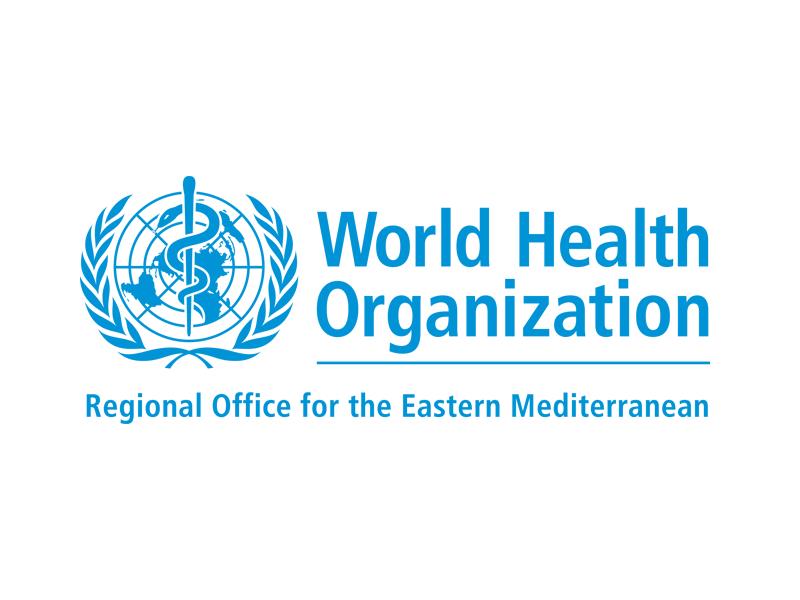
The results of a study recently published in the BMC Psychiatry journal on the mental health symptoms associated with COVID-19 on people in Saudi Arabia revealed the extent of the impact of the lockdown and its social and economic consequences. The study was conducted in April last year, soon after the start of lockdown, and it showed that people had already experienced high levels of depression and anxiety as the number of cases and deaths rose.
The researchers at the Department of Psychiatry at King Saud University, represented by the SABIC Psychological Health Research & Applications Chair, conducted the study using an online survey distributed via social media to assess the respondents’ mental health symptoms, intolerance of uncertainty, and history of mental illness. It was completed by more than 3,000 people from all Saudi regions and all age groups, ranging from 18 to 82.
According to the results, the respondents indicated moderate to very severe symptoms during the pandemic as follows: 20.9 percent for depression, 17.5 percent for anxiety and 12.6 percent for stress. These numbers are considered higher than the average in Saudi society. The most to report higher levels of depression, anxiety, stress and insomnia were the younger age category, females, and those with a history of mental illness. Although 64 percent of the participants were female, they nevertheless scored significantly higher than males on all measures of mental health symptoms and reported higher intolerance of uncertainty. Those living in highly populated cities such as Riyadh and Jeddah also scored significantly higher on depression and stress compared to other regions.
The largest proportion of the respondents were government employees, followed by those who reported being unemployed. Interestingly, it was students and trade workers who scored higher than other occupations for depression, anxiety and stress, but unemployed respondents had higher anxiety scores compared to freelancers/those working in the private sector, while those working in healthcare scored higher on stress. Students also scored significantly higher on insomnia severity compared to other occupations.
Also interesting was that respondents who had never married had significantly higher scores on depression, anxiety and stress than married, divorced or widowed respondents. Meanwhile, contact history with a suspected or confirmed COVID-19 case or being unsure of contact further worsened mental health outcomes. In addition, having accurate knowledge about the virus did not protect against mental health symptoms during the pandemic — and at times accurate knowledge was even associated with worse symptoms. People who have high levels of intolerance to uncertainty were strongly affected by depression, anxiety and insomnia as a result of the pandemic.
We are still coping with and adjusting to the pandemic and its consequences on our daily life, and its effect on us will probably continue for a long time, not just economically but socially and emotionally too. Although we are now out and about and slowly regaining our social lives, we are still hesitant about shaking hands, hugging and kissing, or even touching anything without rushing immediately to sanitize our hands, let alone removing the mask that has become a fixture on our face. We have become domesticated, less eager to go out and mingle, and more isolated physically and emotionally. Getting vaccinated has given us some assurance about being protected, but the anxiety is still there, especially as we wait for a cure. Naturally, people were worried about their future during the lockdown, which raised the depression and stress levels, and it is not easy to get rid of those feelings. Travel has returned and the economy is gradually picking up, but the uncertainty lingers in the air with news about new variants of the virus that are more vicious.
As a result of the pandemic, we have become domesticated, less eager to go out and mingle, and more isolated physically and emotionally.
Maha Akeel
The pandemic has also affected us in other ways. One of the long-term effects is our increased dependence on the internet, which seems to dominate our lives. While the signs were already there, the lockdown forced us to live in a virtual world, conducting our affairs and meetings online, with apps becoming an indispensable tool, especially official apps like Tawakkalna. It is difficult to imagine that we can go back to operating without these apps. Online meetings have become so convenient and cost-effective that it could be a trend that will continue. Social media has made us more connected, but less in actual contact using real communication. What we are experiencing are digital glimpses, not the full reality of life and human interaction.
The Mawaddah Society for Family Development recently launched a campaign to raise awareness about the dangers of internet addiction — specifically social media and online gaming — and its social and economic impact. It conducted a study in collaboration with Social Impact Corporation UK on more than 1,200 participants in Saudi Arabia. The results showed that 46 percent of respondents spend between two and five hours a day going through social media and/or playing online games, while 36 percent spend more than six hours a day. These are long hours spent glued to screens, especially for children and young people, which must be affecting their body, their brain, their studies, their work and their social life.
Mawaddah Director General Mohammed Al-Radhi said that 23 percent of family problems were due to internet addiction. There is also a mental health impact of addiction when it comes to social media, gaming, browsing websites, and online purchasing, according to Al-Radhi. Economically, the study found that social media and gaming use costs SR92 billion ($23.92 billion) in wasted opportunities.
We cannot get away from technology, it is a must and it is the future, but we can have more control over how and when to use it. As we break away from the constraints imposed on us by the pandemic, we also need to break away from the hold technology has on us. For the sake of our mental health and well-being, we need to have more balance in our use of technology and our exposure to social media.
Maha Akeel is a Saudi writer based in Jeddah. Twitter: @MahaAkeel1












